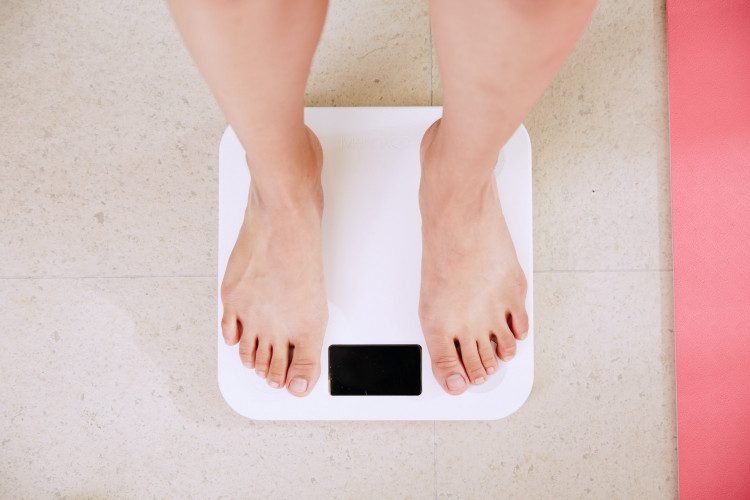It goes without saying that weight loss is complicated. If it were easy, nobody in this world would have to deal with all the stigma that comes with being overweight or obese.
However, understanding why weight loss is so hard will help you avoid beating yourself down over something that's so insignificant, and it's sure to lead you to success. Below are a few hard facts on weight loss.
Exercise isn't everything
Yes, exercising helps you lose weight and keep it off-a report from the National Weight Control Registry showed that people who keep their weight loss exercise for at least 60 minutes most days-but it's almost difficult to lose weight by exercise alone.
Let's put it this way: a 135-pound person bikes for 60 minutes at 12 miles an hour consumes 369 calories. With just a post-workout protein bar, you can put all that back. You have to burn 3.500 calories more than you consume to shed a pound of weight, so you can see how hard it is to work out your way around a poor diet. Instead, you've got to watch what you eat and exercise. If there's some sort of "magic" to dieting, it's in the combination.
Not all diets work
Everyone's body is unique, so a diet that works for your friend, your coworker, your mother, or your sister may not work for you. If you're looking at how to lose weight, consider your health and family background, your metabolism, your level of fitness, your age, your gender, and your likes and dislikes.
When you're eating, it's crucial to let yourself have any of the things you're missing, or else you're feeling disadvantaged and less able to stick to the overall balanced eating schedule. For effective weight reduction, tailor the diet to your body and accept that one diet won't work for all.
Diet pills are pretty useless
Those little pills that promise to stimulate your metabolism are enticing, but there's little proof that they work. In a May 2012 paper published in the American Journal of Preventive Medicine, researchers at the Beth Israel Deaconess Medical Center in Boston followed thousands of diets and concluded that liquid diets, fad diets, and over-the-counter diet drugs were not associated with weight loss. Then what works? Eating less fat, exercising more, taking prescription weight loss medication, and entering commercial weight loss programs.
It's a lifestyle
If you want to lose weight and keep it off, you need to change your behavior not just before you hit your target weight, but for months and years to come. It's because as soon as you quit your "diet," you're sure to get back the pounds that you've tried so hard to get rid of. To be effective in losing weight, you need to make healthier lifestyle improvements, such as making nutritious eating decisions at practically every meal and having lots of exercises every week.






